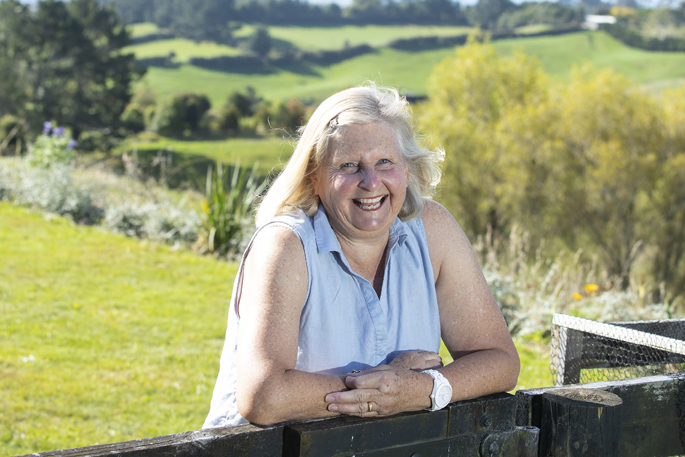Rural Women New Zealand (RWNZ) may be nearly 100-years-old but you wouldn’t know it by looking at her.
The organisation is not ashamed to admit to the odd image makeover over the years, with a lift and a tuck here and there to keep up with the changing face of women in rural NZ.
You probably know the charitable trust better as the WDFF – Women’s Division of Federated Farmers – which began life in 1925 at a tea party for the wives of delegates of the Farmers’ Union.
Many of the pioneering members were women who had taken on the roles of managing farms and other businesses as their husbands, fathers and brothers went away to fight in World War I.
With the return of the men life did not necessarily return to the old ways for these women, now armed with the knowledge that they were capable of more than just managing the homestead and raising the children.
The newly hatched rural organisation was the perfect outlet for many to use their new-found abilities to support the needs of their rural sisters, which RWNZ members continue to do today.
Meet Mary
Take Mary McTavish, the newly appointed RWNZ leader for Rimanui, as an example.
Mary became a member 44 years ago, almost as soon as she stepped onto NZ soil as a newlywed in 1977 to go market gardening with her husband.
She still remembers how her transition to a new country was made so much easier through the understanding and friendships offered “by the wonderful women in the WDFF”.
“The kindness shown to me by those lovely ladies has remained with me and motivates me to uphold the organisation’s creed to ‘not forget to be kind’,” says Mary.
As well as sharemilking and owning kiwifruit orchards over the years, Mary became chair of the Bay of Plenty Fruit Packers Association.
But these days she devotes much of her free time to what is now RWNZ.
“The name may have changed but the core values of the organisation have remained the same,” explains Mary. “Health, housing, education, environment, employment, and safety are still major issues for rural women.
“In fact, the needs of those living in rural regions often seem to come second place to urban residents in today’s world.”
For all rural women
The rebrand from WDFF to Rural Women NZ in 1999 was designed to recognise the changing face of rural NZ, from almost exclusively agriculture, to include women involved in all rural businesses and lifestyle blockers.
Claire Williamson is one of these new generation women living and working in a rural location that the organisation wanted to include with the rebranding. She has just been elected as a RWNZ Board Member from the North Island.
Claire has found herself constantly alternating between gumboots and heels as she lives on a lifestyle block while having worked her way up from advisor to director with My Mortgage and starting up her own company making pure NZ wool coats.
Claire’s involvement with RWNZ sees the continuation of a family legacy as both of her grandmothers were early members.
“Women still face juggling the care of family and household management with volunteer community roles as my grandmothers did but, more often than not today, have to factor in paid employment as well,” says Claire.
“I am passionate about helping rural communities to thrive. I see RWNZ as a way to support these communities by the traditional means of fundraising, knitting for Plunket and tea and scones for volunteers fighting rural fires but also by educating rural women through webinars and helping young rural businesses to thrive through online support groups.”



0 Comments
Leave a Comment